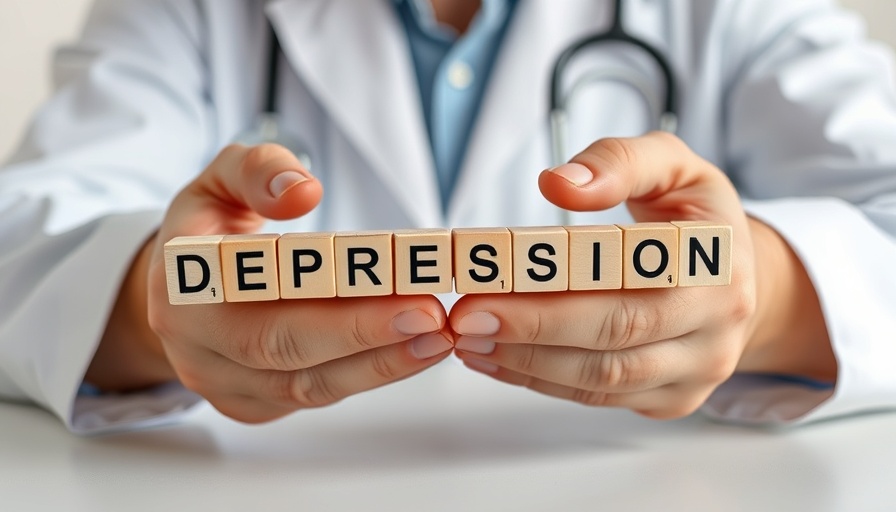
Understanding the Connection Between Pain and Psychological Health
Recent studies suggest a significant and troubling link between chronic pain and depression, with inflammation emerging as a pivotal factor. Chronic pain impacts millions, often leading to emotional distress and a decrease in quality of life. Understanding the relationship between these two conditions is more important than ever, especially as health systems grapple with effective management strategies for patients suffering from both.
The Role of Inflammation in Mood Disorders
Research indicates that inflammation plays a crucial role in depression, similar to its impact on chronic pain. When the immune system responds to injury or infection, it releases inflammatory cytokines. These molecules can alter brain function, leading to mood disturbances. For patients dealing with chronic pain, elevated inflammation may exacerbate both their physical and emotional symptoms, creating a vicious cycle that seems nearly impossible to escape.
Social Perspectives: Why This Matters
The increasing recognition of this link highlights the need for a comprehensive approach to treatment. Mental health cannot be viewed in isolation, especially as physical and psychological symptoms often co-occur. For caregivers, healthcare providers, and policymakers, understanding this interconnection can lead to more effective interventions and support systems that address both sets of symptoms holistically.
Future Trends and Insights for Treatment
As awareness of the correlation between inflammation, chronic pain, and depression increases, healthcare providers may start prioritizing anti-inflammatory treatments alongside traditional therapies for depression. This dual approach might streamline care and improve outcomes, as new therapies target inflammation directly, which has shown promise in clinical trials. The implications for practice could be revolutionary, leading to a shift in how we approach the management of pain and mental health.
Tackling Common Misconceptions
Many individuals underestimate the significance of underlying inflammation in mental health disorders. A common myth is that depression is solely a psychological issue. However, the biological underpinnings reveal a complex interplay between emotional and physical health. By demystifying these misconceptions, we can foster a more informed public dialogue that encourages people to seek help and understand their conditions better.
Practical Insights for Patients
For those suffering from chronic pain and depression, being aware of the inflammation link offers several actionable insights. Implementing lifestyle changes, such as dietary shifts towards anti-inflammatory foods, regular physical activity, and innovative therapies like mindfulness or acupuncture, can help mitigate both pain and psychological issues. Moreover, staying informed about emerging treatments can empower patients to communicate effectively with healthcare providers about their needs.
Conclusion: The Path to Better Health
Recognizing inflammation as a bridge between chronic pain and depression is a game-changer for mental health and pain management strategies. It encourages a holistic approach that improves life quality for countless individuals. If you are struggling with chronic pain or depression, consider discussing the inflammation link with your healthcare provider to explore comprehensive treatment options that may enhance your overall well-being.
 Add Row
Add Row  Add
Add 




Write A Comment